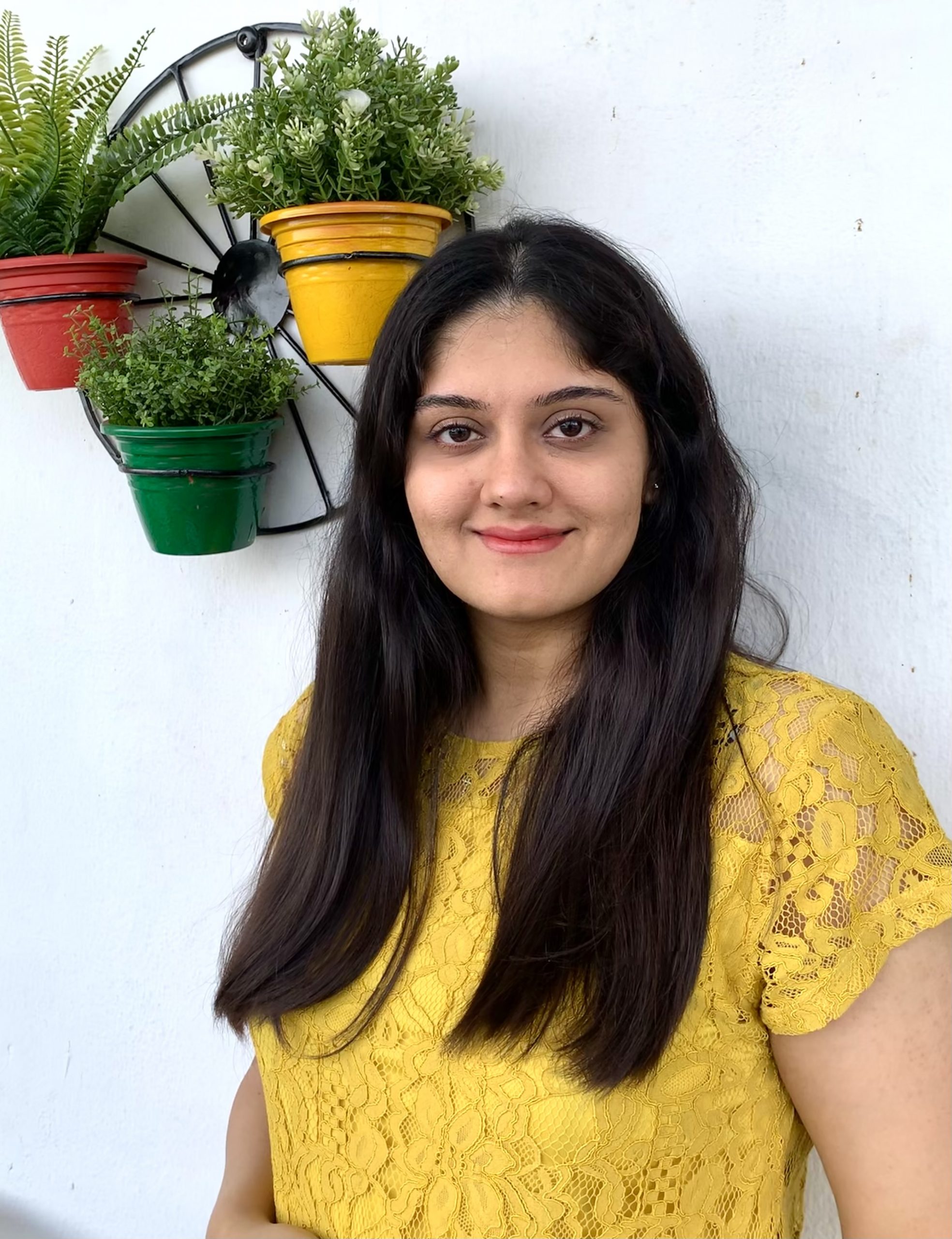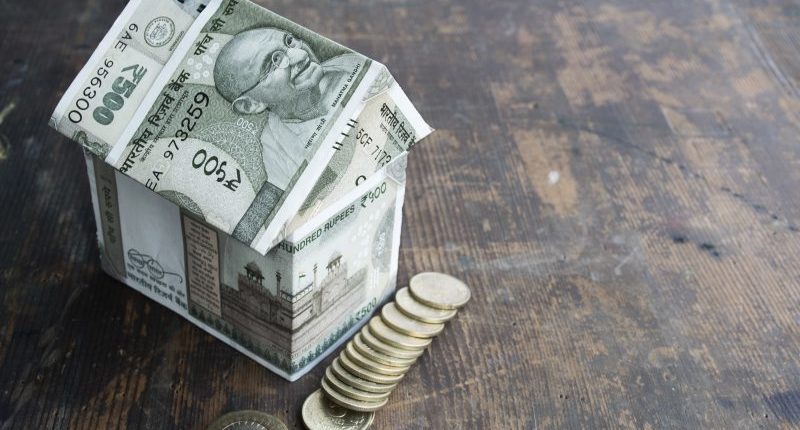Most people wish to own home throughout their lifetime. After all, it’s not just a solid investment but a sense of security and pride to have your dream home in your name. Many people make this decision in their 20s or 30s to have a good period ahead of them to repay the housing loan. Home loans are also typically structured to allow people to pay them off until the age of retirement.
Housing loans are a powerful tool to allow the dream of owning a home to come true. However, no bank or financial institution will give you the entire value of your home as a loan. You will be required to put up around 15-20% of the purchase price, and the balance can be taken as a loan.
What are the financial factors to consider to check if you’re ready to buy a home?
As explained earlier, a person buying a home will need to put up a portion of the cost themselves for the bank or financial institution to agree to pay the rest as a loan. For an easy understanding of this article, let’s assume that the down payment required is 20%. So say, if a property costs Rs.80 lakh, you will need to pay Rs.16 lakh from your pocket. The remaining Rs.64 lakh (i.e. 80%) will be given to you as a loan. Hence, the first factor to consider when you sight a property is whether you have 20% of the total cost (or the minimum percentage your bank mandates) in liquid funds.
What happens if you don’t have this amount? If you have only Rs.10 lakh, for instance, instead of Rs.16 lakh, then your home loan eligibility also gets reduced proportionally to the down payment that you, the borrower, are willing to pay. In this case, for a Rs.10 lakh down payment, the bank may only give you Rs.40 lakh as a loan. Hence, you will need to keep your property purchase at around Rs.50 lakh to be eligible for a housing loan.
This does not mean that you’re not ready to purchase a house. It means that you will need to go in for a house that costs less than the original budget you had in mind.
The next important factor to consider is EMI repayments. Can you afford to pay the monthly EMIs for the next 20 years? Typically, lenders give loans where the EMI is about 40% of the borrower’s income. This includes all EMIs to be repaid and not just the housing loan in question. So, if you were to take on a home loan of Rs.64 lakh, as in the above example, at 7.1% interest for 20 years, your EMIs would be approximately Rs.50,000. Keeping the 40% rule in mind, your monthly income will need to be at least Rs.1,25,000. If it’s lower, the loan amount you will be eligible for will also be reduced. The lender may also ask you to increase the loan tenure or contribute a higher down payment.
What are the other factors to keep in mind to check whether you are financially ready to buy a house?
In India, buying a house could come with many added costs that many homebuyers do not account for while calculating the total cash outflow involved with the purchase. For instance, registration costs and stamp duties could be around 6% to 7% of the house’s purchase price. Other costs also need to be considered, such as brokerage, legal fees where a lawyer is involved, and additional government charges.
The other important thing to keep in mind is renovation costs, if any, and interior costs. A substantial sum of money will need to be kept aside to furnish the kitchen, wardrobes, fittings and fixtures, etc. In the case of an apartment, there could be society and maintenance charges that need to be paid upfront. And in the case of second-hand home purchases, there could be renovation costs involved to make the house liveable.
The buyer will need to factor in these amounts while checking how many liquid funds they have for the down payment. If these charges are to be funded by a portion of the housing loan, then the balance loan amount available for purchasing the house gets reduced accordingly.
For any clarifications/feedback on the topic, please contact the writer at athena.rebello@cleartax.in.

I’m a Chartered Accountant by profession and a writer by passion. ClearTax lets me be both. I love travel, hot tubs, and coffee. I believe that life is short, so I always eat dessert first. Wait.. life is also too short to be reading bios… Go read my articles!





